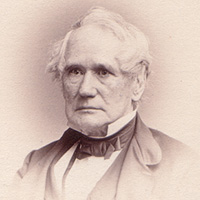A Quote by Alan Greenspan
You can't have the capitalist system if an increasing number of people think it is unjust.
Quote Topics
Related Quotes
Extrapolated, technology wants what life wants:
Increasing efficiency
Increasing opportunity
Increasing emergence
Increasing complexity
Increasing diversity
Increasing specialization
Increasing ubiquity
Increasing freedom
Increasing mutualism
Increasing beauty
Increasing sentience
Increasing structure
Increasing evolvability
Capitalism is very far from a perfect system, but so far we have yet to find anything that clearly does a better job of meeting human needs than a regulated capitalist economy coupled with a welfare and health care system that meets the basic needs of those who do not thrive in the capitalist economy. If we ever do find a better system, I'll be happy to call myself an anti-capitalist.
The Capitalist system with its exploitation of those who are economically weak, with its robbery of the workers labour power, with its unethical way of appraising human beings by the number of things and the amount of money he possesses, instead of by their internal value and their achievements, must be replaced by a new and just economic system, in a word by German Socialism.
I'm going to be working the next 25 or 30 years. People like me, if we want, number one, for no benefit reductions for our parents and our grandparents, number two, for the system to survive and exist for us, and, more importantly, number three, for the system to exist for us children, we are going to have to make reforms to that system.
It must be acknowledged that an increasing proportion of the world's population is living in cities, in almost completely human-made environments. But we should also acknowledge that there are still a considerable number of people who wish to live in harmony with nature, and that globalization has made their ways of life increasing difficult to sustain.





































